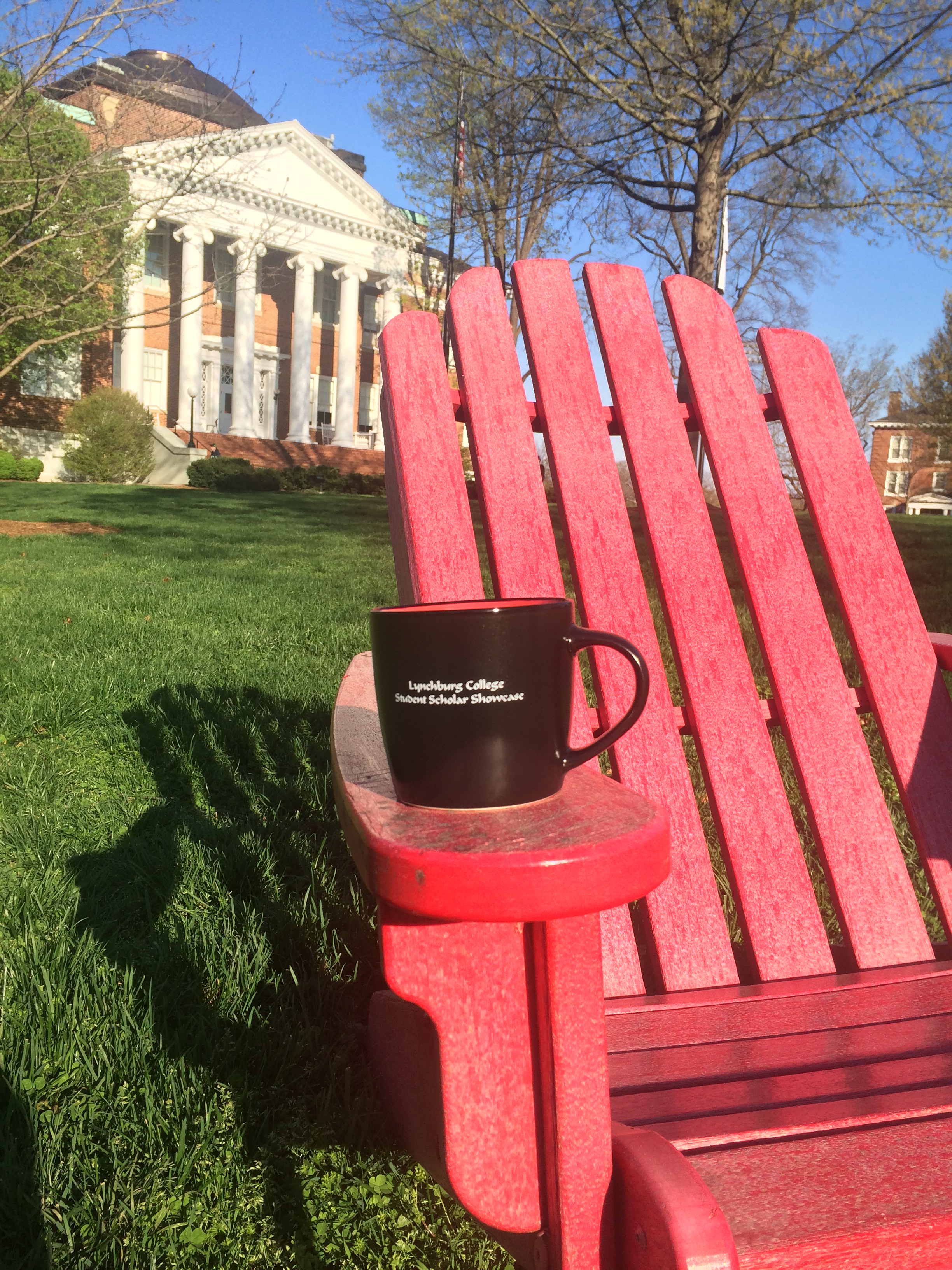
Hildegard von Bingen and her Influence on Music History
Access Type
Open Access
Entry Number
73
Start Date
4-5-2017 11:00 AM
End Date
4-5-2017 11:15 AM
Department
Music
Abstract
Known as a Medieval polymath, Hildegard von Bingen (c. 1098 – 1179) influenced music history and established a place for women in the church. With the intent of improving music pedagogy, the purpose of this research was to investigate the life and music of Hildegard von Bingen. The particular problems of this study were to (1) prepare a bibliographic sketch of Hildegard von Bingen; (2) examine the morality play Ordo Virtutum composed 1151; and (3) analyze the pieces In principio omnes, Scientia Dei, Anima, Virtues.
Hildegard von Bingen was a mystic who claimed to see visions from the Holy Spirit which she used to influence her writing and composing. She composed Ordo Virtutum, the first liturgical drama, with the intention of education women on the values of the church. In principio omnes, Scientia Dei, Anima, and Virtues are all excerpts from the Ordo Virtutum, the analysis of which help audiences to better understand the musical components of Hildegard’s most famous work. Hildegard von Bingen, one of the most influential people of her time, fit the description of a Renaissance man and her compositions continue to be studied and performed in the twenty-first century.
Primary Faculty Mentor(s)
Cynthia Ramsey
Hildegard von Bingen and her Influence on Music History
Known as a Medieval polymath, Hildegard von Bingen (c. 1098 – 1179) influenced music history and established a place for women in the church. With the intent of improving music pedagogy, the purpose of this research was to investigate the life and music of Hildegard von Bingen. The particular problems of this study were to (1) prepare a bibliographic sketch of Hildegard von Bingen; (2) examine the morality play Ordo Virtutum composed 1151; and (3) analyze the pieces In principio omnes, Scientia Dei, Anima, Virtues.
Hildegard von Bingen was a mystic who claimed to see visions from the Holy Spirit which she used to influence her writing and composing. She composed Ordo Virtutum, the first liturgical drama, with the intention of education women on the values of the church. In principio omnes, Scientia Dei, Anima, and Virtues are all excerpts from the Ordo Virtutum, the analysis of which help audiences to better understand the musical components of Hildegard’s most famous work. Hildegard von Bingen, one of the most influential people of her time, fit the description of a Renaissance man and her compositions continue to be studied and performed in the twenty-first century.

